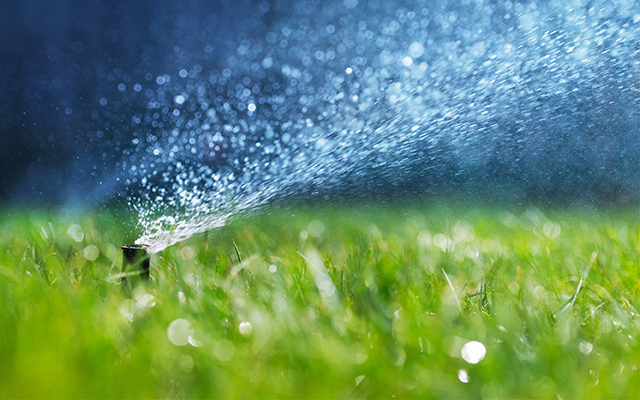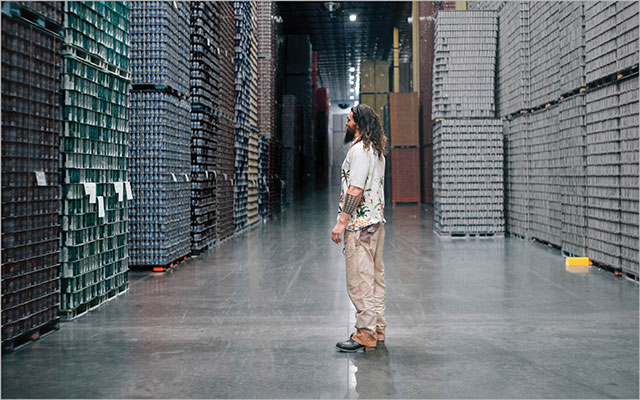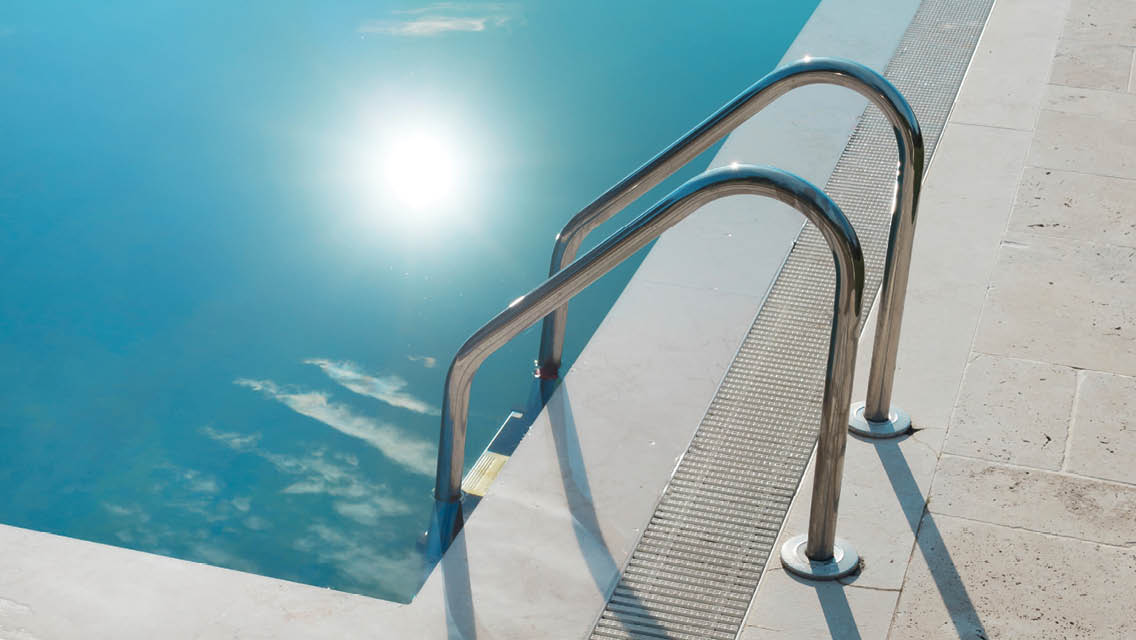Current stressors on delicate Great Lakes ecosystems are many: damming, development, wetlands loss, industrial waste, oil spills, and mining accidents. Yet simple actions can support these lakes, as well as waterways worldwide.
- Ditch hitchhikers by rinsing and cleaning watercraft after use, including ballasts and bait tanks, live wells, and other areas that take time to dry. Never release aquarium fish or plants into waterways.
- Avoid using chemical pesticides and insecticides — as well as fertilizers, which add phosphorous and nitrogen to water supplies via runoff. Replace your lawn with native plants to improve the filtration of pollutants. For other greener gardening tips, visit “9 Ways to Help Pollinators“.
- Discard medications safely. Traces of pharmaceutical drugs are turning up in freshwater supplies. For disposal tips, visit “Are There Drugs in Your Tap Water?“.
- Avoid single-use plastics. For tips on alternatives, visit “18 Ways to Live With Less Plastic“.
- Protect the waters from microplastics by installing a washing-machine filter to capture microplastics emitted from synthetic textiles.
- Vote for officials who will consider stricter environmental safeguards, improve failing infrastructure, and support habitat-restoration projects.
- Support groups working to defend the Great Lakes; consider helping out or donating to the Alliance for the Great Lakes (greatlakes.org) or the federal government’s Great Lakes Restoration Initiative.
This was excerpted from “In Deep Water” which was published in the October 2021 issue of Experience Life magazine.





This Post Has 0 Comments